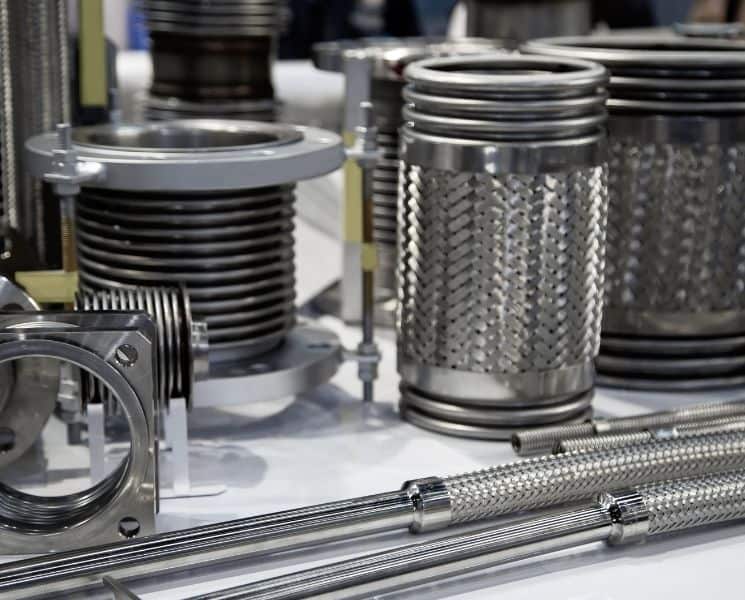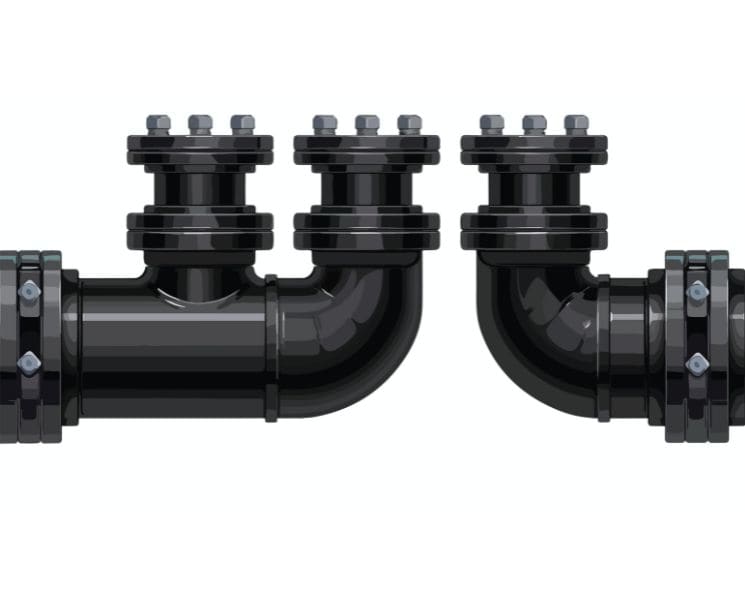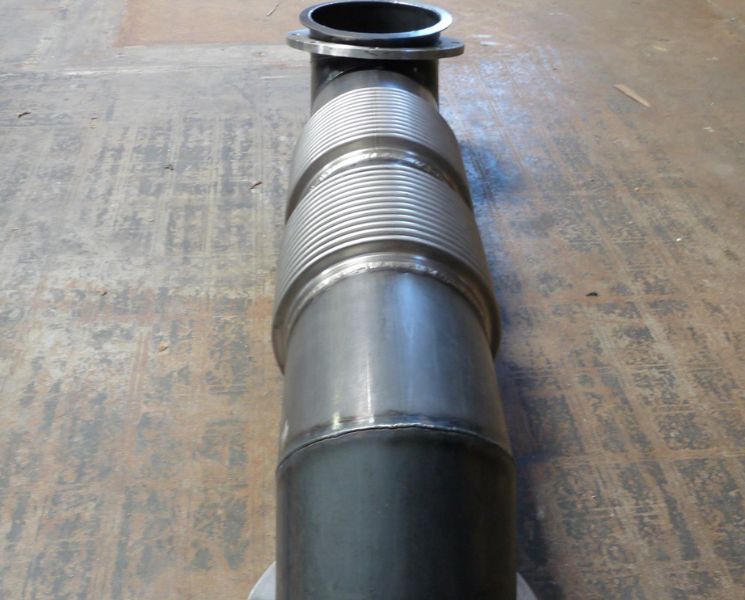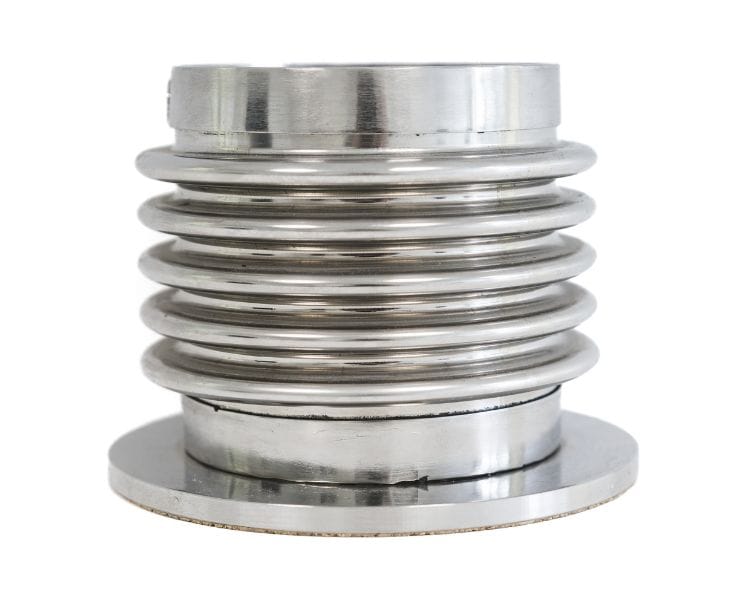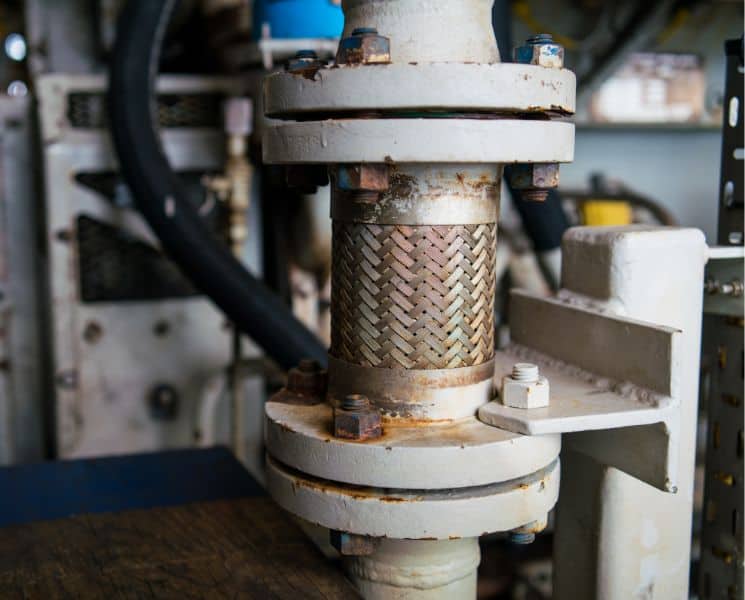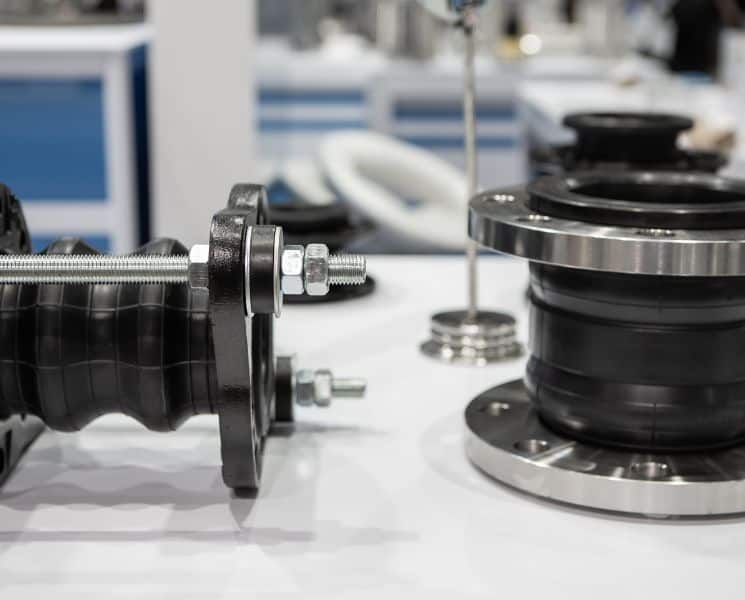Metal bellows aren’t created equally. Some metal bellows are more suited for jobs than others. A lot of this has to do with the materials they’re made from. This article explains the materials metal bellows are made from and why it matters. It’d help if you did a little research before using any old part you have at the shop.
Stainless Steel
Some metal bellow manufacturers use stainless steel to construct their components because they’re extremely durable. Also, stainless steel can withstand extreme temperatures, so they’re perfect for piping systems in hazardous environments. Keep in mind, however, that there are different kinds of stainless steel you can choose from. As a result, you should do some research and decide which one is best for you. Stainless steel can be used for industrial controllers and such.
Bronze
Bronze is another material metal bellows are made from. Unlike stainless steel, bronze has a low manufacturing cost. For this reason, some developers like to use this instead of other materials. Another advantage of using bronze to construct metal bellows is that it’s less prone to corrosion. Consequently, bronze is perfect for more residential applications like HVAC systems.
Nickel
Nickel is perhaps the strongest material of the two mentioned so far. Nickel is solid and has a resistance to corrosion. As a result, one of the most common applications for nickel metal bellows is aerospace. Companies like NASA use these metal bellows to make spaceships that go into the atmosphere.
It’s important to know the differences between metal bellows because each one is suited for a particular job. For example, it’d be unwise to use a bronze metal bellow for something like an industrial control system. Instead, this is a job meant for stainless steel. Anyone in the market for metal bellows should contact Triad Bellows today. We offer metal bellows of every kind to suit whatever job you are performing. Our main goal is to help every customer complete the task in front of them and keep everyone safe while doing so.

